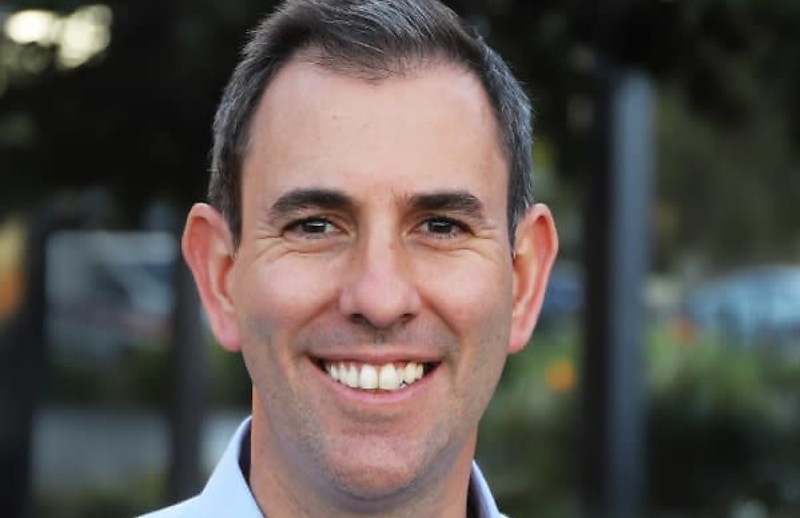‘Cautious optimism’: Treasurer opens tax reform conversation
TaxAs the third and final day of the Economic Reform Roundtable wrapped up, attendees readily agreed Australia’s tax system was “imperfect” and in need of change.

With the much-anticipated Economic Reform Roundtable having come to an end, it has been made clear that Australia is ripe for tax reform, yet there is still no clear consensus on its specifics.
The Australian Financial Review reported that Treasurer Jim Chalmers said “there was no need for another tax review, but the government would move on formulating reforms” to be guided by three principles.
These three principles revolved around intergenerational equity, incentivising business sentiment and a simpler, more sustainable tax system.
It was revealed that Chalmers believed that the Australian tax system was “unfairly skewed away from younger people”, which was broadly supported among the attendees and echoed by Finance Minister Katy Gallagher.
In an ABC News TV interview, Minister Gallagher said there was “pretty clear data that shows that is getting harder for younger generations in tax, in other areas as well”.
“I think there is a responsibility on us to make sure that the system we have, whether it be tax, or the systems we provide, how we provide services, you know, that we deal with those things. That we don’t ignore them,” she said.
The small and medium business representatives in attendance at the roundtable said they stood together to support efforts to lift living standards and business investment, while rejecting policies that took Australia backwards through higher taxes.
In a joint statement, the Australian Chamber of Commerce and Industry, Australian Industry Group, Business Council of Australia and the Council of Small Business Organisations Australia said the tax process announced by Chalmers needed to be considered properly and any reform must increase productivity, grow investment and increase real wages.
“The roundtable provided an important and conservative process for some priority areas for reform, including our proposals on investment, cutting red tape, trade, housing, faster approvals and skills.”
“The Treasurer has also taken positive steps to reduce red tape across the economy, and we continue to call for a 25 per cent target to reduce red tape by 2030. We have made progress in these areas, and now is the time to capitalise on this momentum created by the government.”
CPA Australia also weighed in on the post-roundtable conversation, noting that it “broadly welcomes” the direction and short-term actions that emerged from Chalmers and urged stakeholders to maintain a collaborative spirit as reform got underway.
Chris Freeland, chief executive of CPA Australia, said that though further detail on short-term actions was needed, the defined direction was encouraging.
“This is cautious optimism in the air, but the road to reform is rarely straightforward. The need to boost productivity is clearly urgent, but we must be prepared for challenges along the way. What matters now is turning intent into action, swiftly and thoughtfully, without unintended consequences,” he said.
“However, tax reform cannot be delayed, nor should the scope be hamstrung by short-term considerations. All taxes need to be considered with a view to ensuring that our tax system helps to encourage investment, boost productivity and drive economic growth.”
Freeland added that on a longer-term scale, CPA was eager to see progress develop on tax reform.
“Tax reform should be a crucial component of the productivity reform agenda to help encourage investment and drive economic growth. Australia needs a comprehensive plan to reduce over-reliance on personal and business taxes, including meaningful GST reform.”
“We’re encouraged by the roundtable’s outcomes and look forward to working with the government to turn good ideas into lasting change.”




